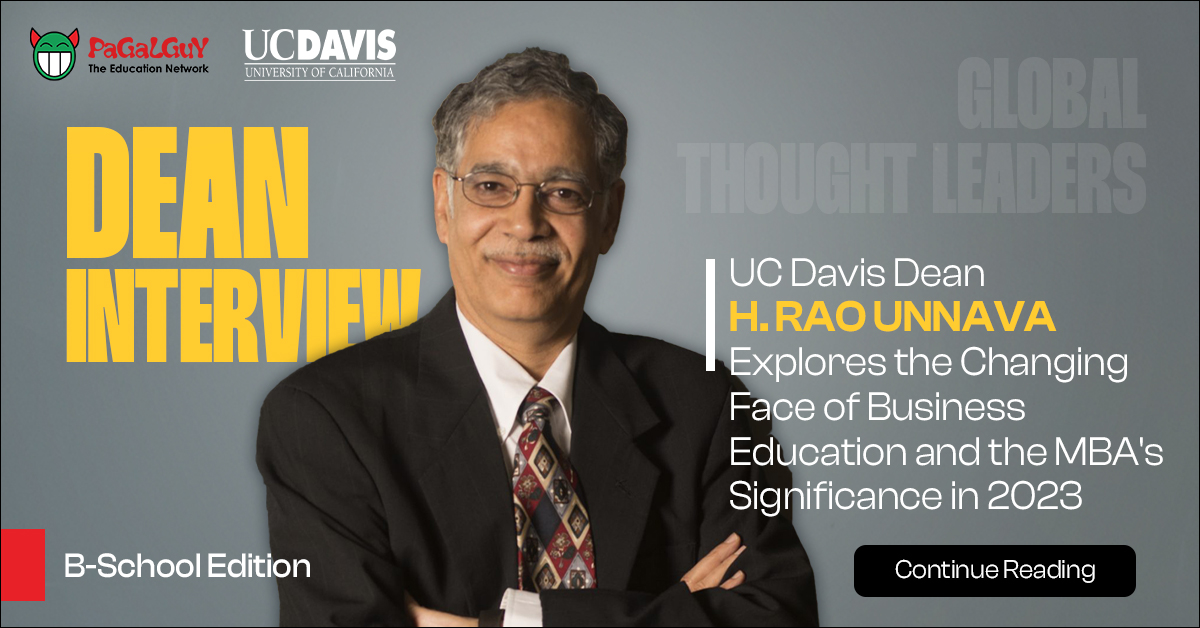
Welcome to a captivating exploration into how the Master of Business Administration (MBA) revolutionises business education for young professionals. In this insightful interview conducted by Allwin Agnel, CEO and founder of Pagalguy.com, we had the privilege of sitting down with H. Rao Unnava, a trailblazer in both academia and business, who holds the esteemed position of Michael and Joelle Hurlston Dean and Professor of Marketing at UC Davis Graduate School of Management.
Dean Unnava’s journey is nothing short of remarkable, with significant contributions to the field of marketing and an instrumental role in shaping the UC Davis MBA program. Armed with a Ph.D. in Business Administration from Ohio State University, his profound understanding of the business world has driven him to lead innovative initiatives, fostering a lifelong learning perspective within the MBA experience.
At the heart of Dean Unnava’s vision lies a resolute commitment to empowering students beyond mere business knowledge. Instead, he emphasises equipping them with the adaptability and resilience required to thrive in the ever-changing business landscape. The UC Davis MBA program stands as a testament to this approach, cultivating critical thinking, collaboration, and practical application of knowledge.
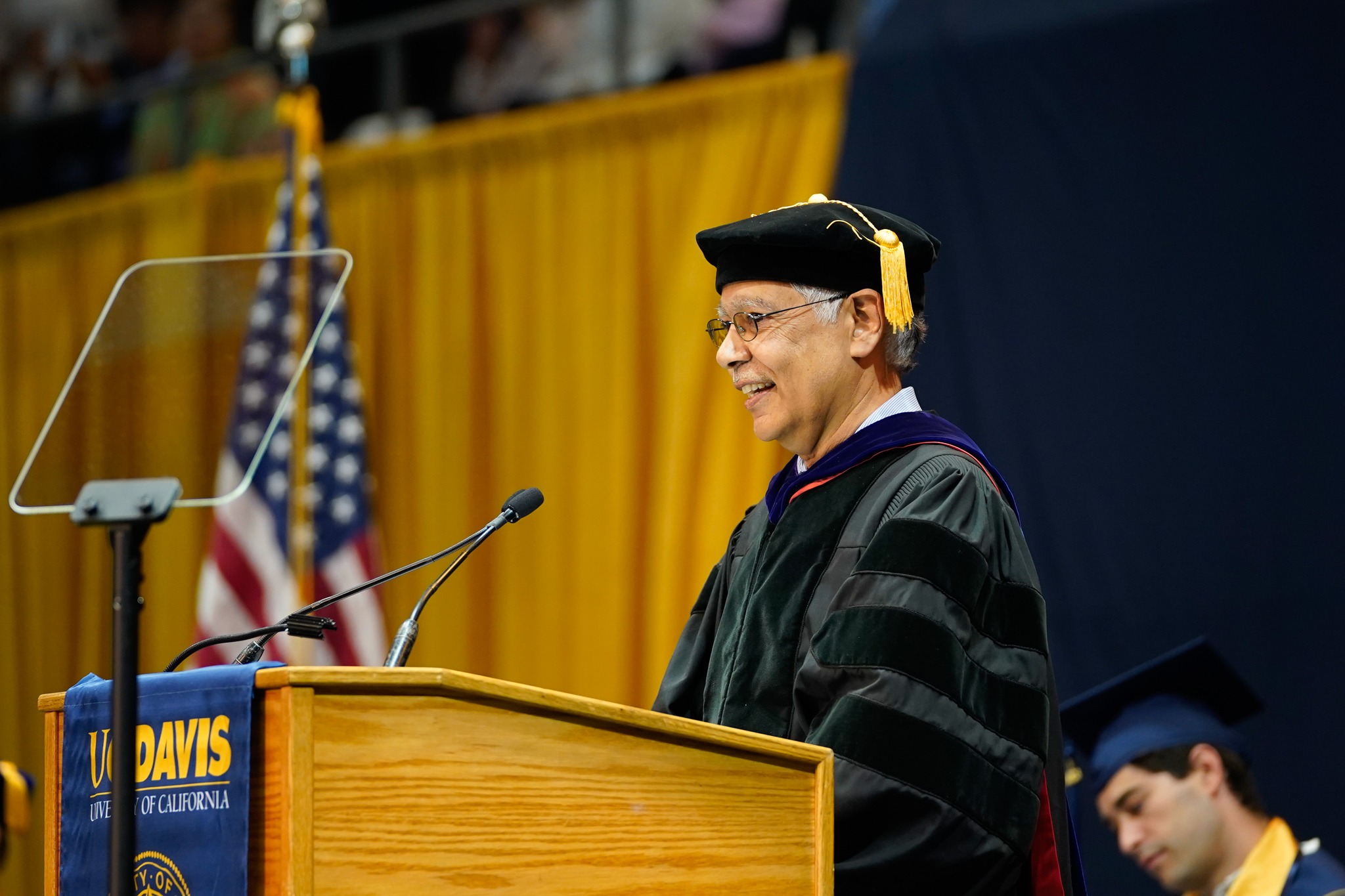
Through this interview, we seek to uncover invaluable insights into the evolving landscape of business education and discover the unique offerings of the UC Davis MBA program.
Q1. You have 30+ years of experience in the academic field, first with Ohio State University’s Fisher College of Business and now as the dean at UC Davis. What ignited your passion for academia?
Initially, I had no idea that academia would become my path. However, I had a role model at home – my mom, who used to teach at the school I attended as a child. Eventually, she became a language professor at the college that the school transformed into. Coming from a lower-middle-class family, education was our top priority, and my mom joined that school because it offered free tuition in what was then called an English medium school, something she believed was crucial for us. Despite the financial assistance, it wasn’t enough to meet our household’s demands, so my mom provided private tutoring to other children after school. I happily assisted her by tutoring younger kids, which was an enjoyable experience.
This journey continued after I completed my Graduate Diploma in Management from the Indian Institute of Management Calcutta and a B.Tech. in Electronics Engineering from Jawaharlal Nehru Technological University. However, an intriguing twist came when they approached me with an unexpected opportunity. The MBA professor scheduled to teach marketing strategy dropped out at the last minute, and they asked if I could step in. Encouraged by my boss at the time, an IT systems expert from whom I had learned a lot, I decided to help. I took up the challenge and taught the class, receiving positive feedback from the students. They even requested that I teach another class, which I happily agreed to. As I continued teaching, I discovered that I found it more enjoyable than my day job. This realisation led me to a life-changing decision – pursuing a PhD. Enrolling at Ohio State University, I embarked on a transformative journey that has brought me to UC Davis.
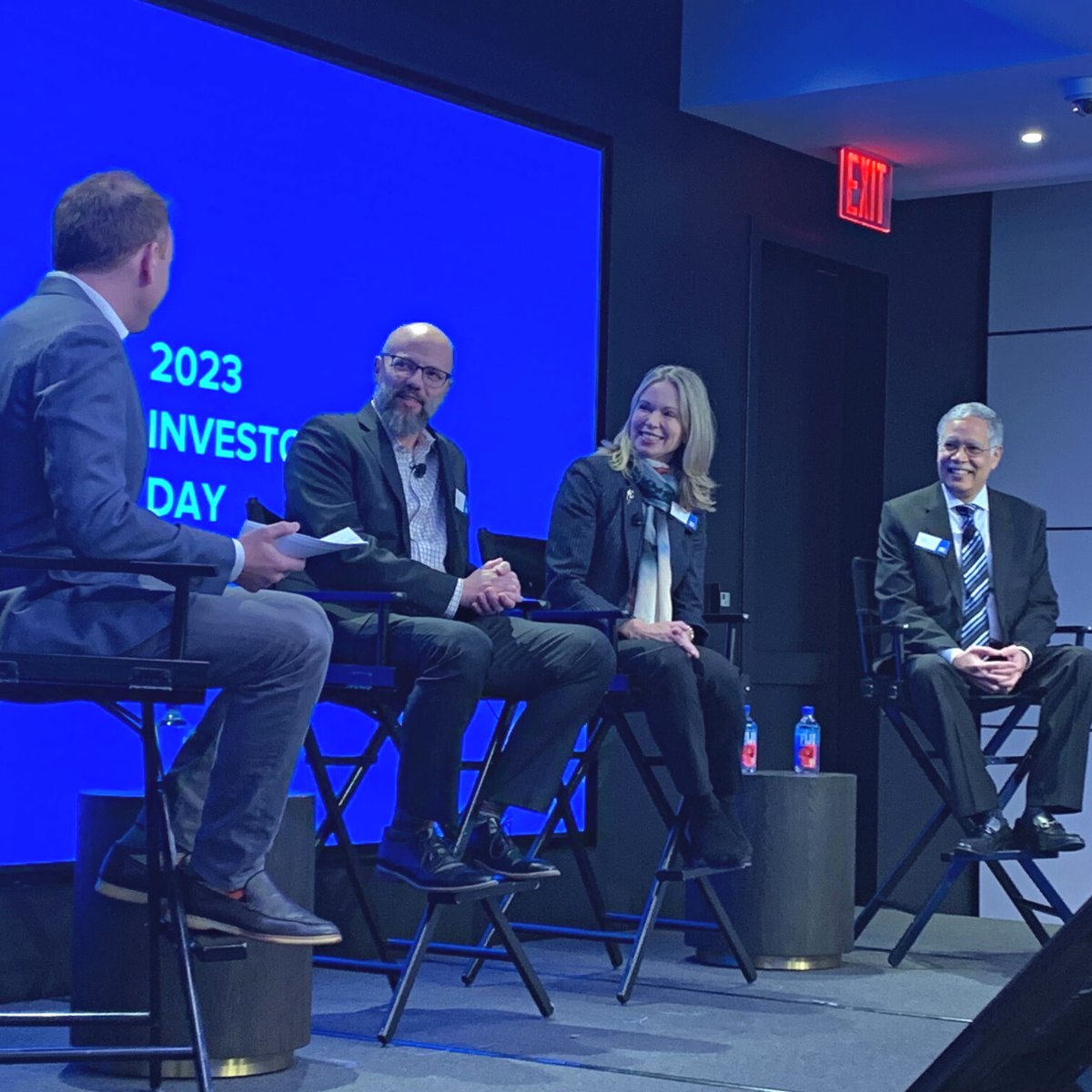
Q2. Having an engineering background and studying at a quantitative institution like Calcutta, it’s fascinating to see you now teaching marketing, which blends hard and soft aspects. Could you give us an insight into how all these diverse elements come together harmoniously in your role?
Three decades ago, I would not have been capable of answering this question as the future was uncertain. However, as life unfolded, one of the valuable lessons I learned with age and experience is that life presents challenges. These challenges are not confined to the realms of physics, chemistry, or engineering; they are simply problems encompassing various dimensions, both qualitative and quantitative.
For instance, consider the pursuit of curing cancer. While it may seem exclusive to medical professionals, in reality, it requires a collaborative effort involving biologists, chemists, pharmacists, doctors, financiers, and navigating regulatory approval processes before any potential cure can be realised. Effective teamwork and management are also crucial aspects in addressing such complex issues.
In the business and marketing arena, we encounter problems that demand a blend of quantitative expertise and qualitative reasoning. I consider myself fortunate to have received training in Engineering, business modelling, and psychology, which enables me to approach problems holistically, transcending the limitations of a single discipline. This integrated perspective is the type of manager and leader we aim to produce at our school, and our faculty is well-equipped to facilitate this transformative approach.
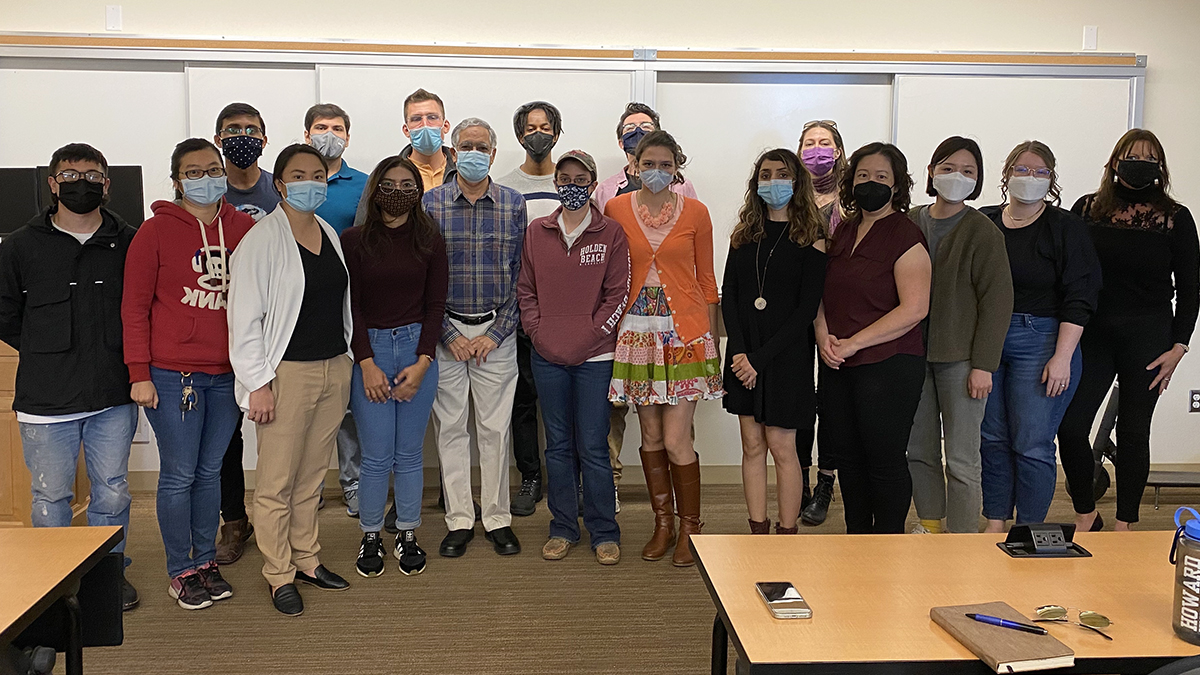
Q3. It’s impressive to observe that the enrollment at your institute has tripled in the last 7 years or so. Could you share the strategies you implemented to achieve such a remarkable increase in enrollment and the specific challenges you addressed to attain these numbers?
One crucial aspect I focus on is understanding what the consumer truly desires. Our institute offers a specific range of degree programs, but we recognise that the degree itself is not the ultimate outcome; it is merely a packaging that can evolve over time. This realisation led us to introduce one-year degrees where the content remains consistent while the format adapts.
After the 2008 financial crisis, the market experienced a shift in preferences. Many individuals were no longer willing to leave their jobs but still aspired to earn a degree. This change gave rise to the popularity of part-time MBA programs. However, these programs required regular attendance at a specific location, creating challenges for those with household responsibilities or living far away. Identifying this gap in the market, we explored the idea of online education, even though it was met with initial scepticism. Yet, our online initiative gained rapid momentum, and our success was a result of understanding distinct market segments, addressing their specific needs, and providing effective solutions.
Recently, we obtained approval to offer an MBA program through stackable certificates, marking a significant development that reflects the changing landscape and the requirements of corporations, governments, and individuals. Throughout these adaptations, we remain committed to maintaining academic rigour. Our emphasis on delivering high-quality education is bolstered by the unwavering support of our faculty in upholding these standards. Our goal is to continue catering to evolving markets with relevant and innovative educational offerings rather than being confined to traditional programs and degrees.
Q4. Amidst the COVID-19 pandemic, top institutions shifted online, but now there’s uncertainty as students question the value of offline education while programs go virtual. Moreover, there’s a decline in demand for US MBA among Indian aspirants. How do you navigate these conflicting developments?
I often share my insights on market segmentation with my colleagues and others outside our organisation. Traditionally, we used to group people based on preferences such as fuel efficiency, car performance, or luxury value, treating these groups as separate entities. However, we’ve realised that individuals can belong to multiple segments simultaneously, depending on their specific situation. For example, someone may prefer in-person classes today but desire online flexibility during a busy period. Segment preferences are influenced by circumstances.
Instead of catering to different groups, our approach now accommodates dynamic segment preferences. People can transition from online to in-person classes seamlessly. We listen to and respect their preferences while committing to delivering high-quality education. To ensure meaningful engagement, we limit online class sizes to 20 students, enabling effective interaction. We provide asynchronous content for group work and in-person presentations.
Interestingly, students transitioning to on-campus classes form strong connections despite initially starting in small online classes. This shows that meaningful engagement matters, regardless of the mode of instruction.
Our objective is to offer diverse learning opportunities that suit individual life situations. Some critics argue that we prioritise students’ preferences over dictating how they learn. However, we aim to align education with our students’ needs and aspirations, acknowledging the role of experiences and circumstances in shaping learning preferences.
I engage with online MBA students monthly, and their overwhelming feedback confirms the value of online degrees for many who wouldn’t have pursued them otherwise. This underscores the importance of online education for access and opportunity. While some students still desire on-campus classes, a growing number are choosing online options. We remain focused on providing the right product and learning environment to meet individual needs while ensuring meaningful engagement. The positive impact our approach has on students’ lives is genuinely thrilling.
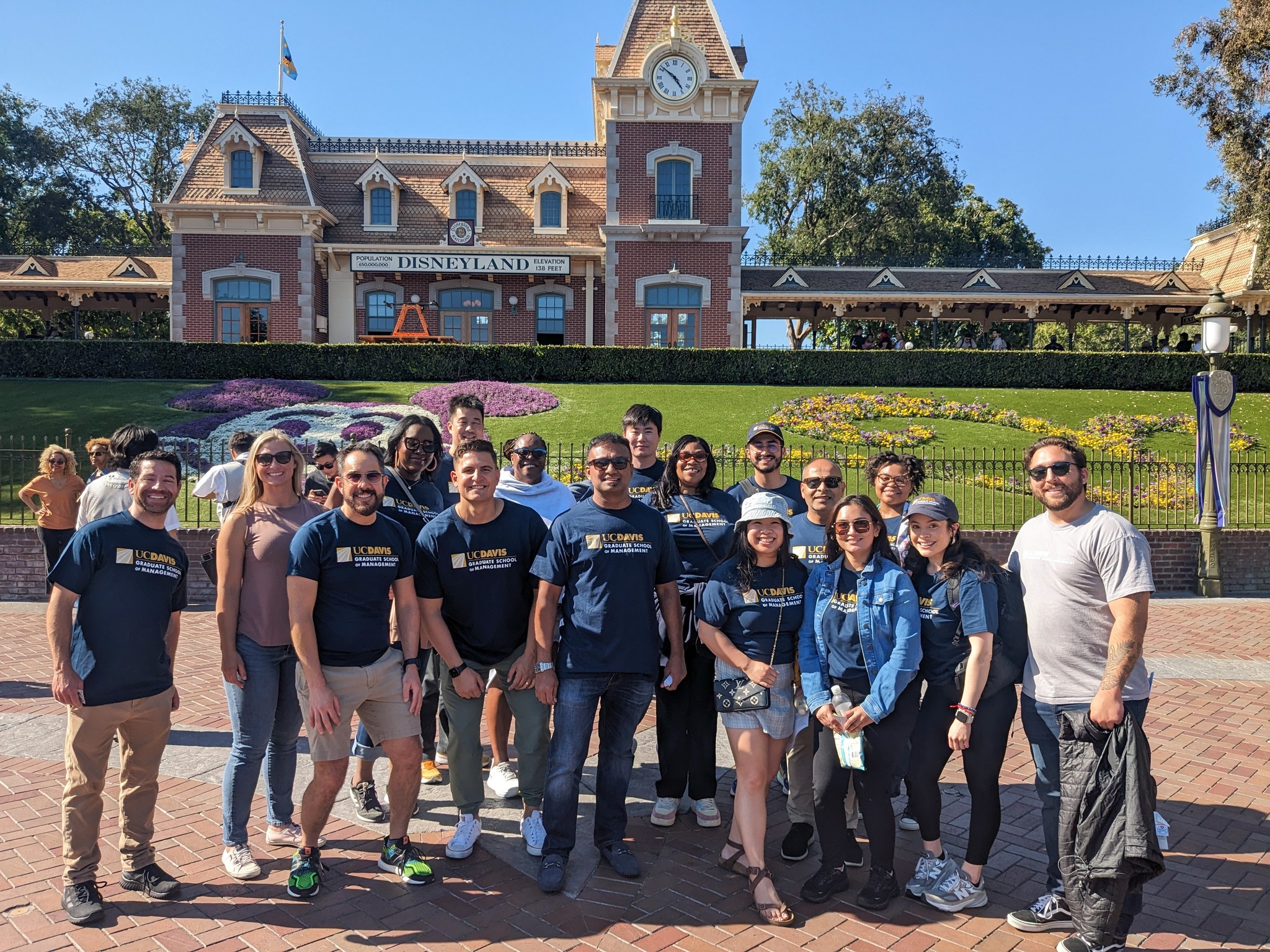
Q5. While most colleges prioritise reaching a large and diverse audience when establishing online programs, your program has a maximum intake of about 200 individuals. Could you elaborate on your approach to online programs?
Our programs have the flexibility to accommodate more than 20 students while maintaining manageable section sizes. Each year, we enrol approximately 150 to 200 students, spread across 7-8 sections, fostering a personalised learning environment. In response to the COVID-19 pandemic, we swiftly shifted to online learning using platforms like Zoom. However, our approach surpassed mere online lectures. We carefully crafted an immersive online experience by blending asynchronous and synchronous elements. Asynchronous lectures form the foundation, while interactive virtual classroom sessions enable students to actively apply their learning. This comprehensive approach has earned high praise from our students, who value the engaging classroom experience and appreciate the enriching extracurricular activities we provide.
We have tailored our MBA programs to accommodate part-time, full-time, and online students, all at the same tuition fees. This flexibility empowers students to opt for either online or on-campus classes, all delivered by our esteemed faculty members. Additionally, if a student misses a class, they can make it up at alternate locations, ensuring a smooth and consistent learning experience, regardless of their chosen mode of instruction.
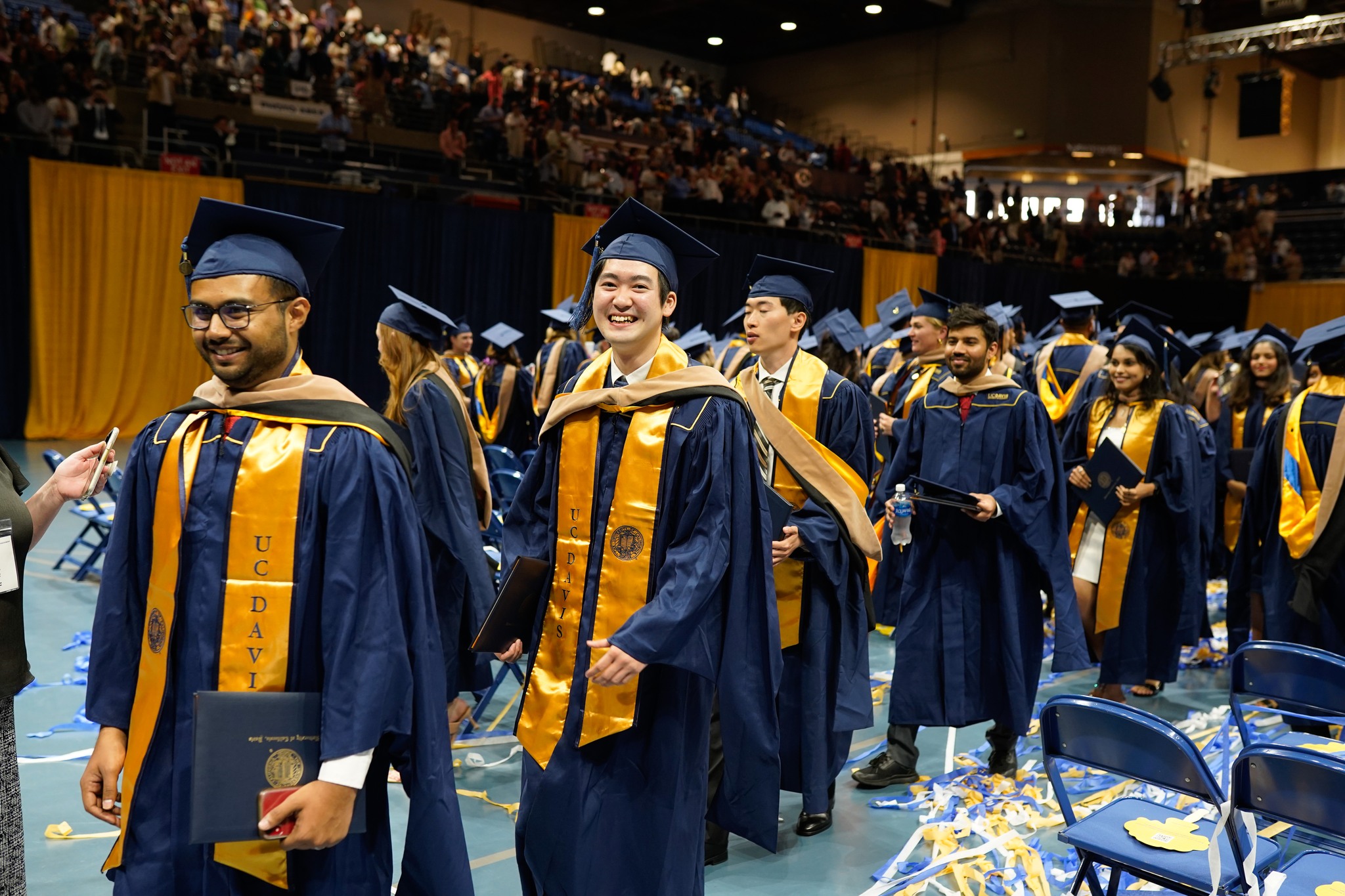
Q6. In your opinion, what are the 3 key areas or aspects that Indian MBA education might be lacking, and how can they be improved?
Having attended classes in Calcutta 40 years ago and returning multiple times to deliver lectures, I’ve observed significant differences between my experience and the current affairs. While there are some shortcomings, such as limited recognition in certain schools and limited corporate interaction in Indian educational institutions, there are also positive aspects, including a diverse mix of academics and faculty members with international experience.
In light of these observations and to enhance the overall educational landscape, I strongly recommend considering the following aspect:
- Encourage meaningful discussions and practical application by moving away from traditional lecture-style teaching. Create an atmosphere that welcomes questioning and engagement to enhance the learning experience.
- Give faculty a greater role in shaping the institution’s reputation. Encourage their involvement in decision-making and foster cohesion among faculty members to maintain consistent educational quality.
- Focus on evaluating prospective MBA students based on their potential and work experience rather than just numbers or revenue. Invest in uplifting educational institutions to provide Indian students with the right opportunities for global success.
Q7. Your institution is renowned for offering world-class education; however, the intake is currently limited to only 45 students per batch. Could you elaborate on the selection process for these students? And also, are there any plans to expand the intake capacity in the future?
I’ve thoroughly enjoyed discussing this matter with our administration. I feel fortunate to work alongside our Provost and Chancellor, as we share common values, making collaboration seamless and rewarding. In terms of student intake and access, we have established two essential filters.
Firstly, we meticulously assess the academic qualifications of prospective students to ensure they are well-equipped to handle the curriculum effectively. Secondly, we carefully consider cultural fit and collaborative leadership qualities to maintain a cohesive and supportive learning environment. We believe that preserving our institution’s culture and values is paramount, even if it means keeping the program size relatively smaller.
To support access and inclusivity, we actively extend assistance to economically disadvantaged students. Our Deferred Tuition Plan, has been instrumental in enhancing accessibility and scalability. Under this plan, students make an initial payment of half the tuition upfront and complete the program before initiating payment for the remaining half. As a result, approximately 30-35% of our class can benefit from this option, making quality education more accessible to a broader segment of aspiring learners.
For us, access means more than just offering educational opportunities; it means providing the necessary support and resources, including scholarships and deferred tuition plans, to ensure deserving students can pursue their academic dreams. We are committed to positively impacting our students’ lives, and access remains a key aspect of that mission.
Q8. What is the percentage of international students at your institution, and how does this distribution specifically apply to your MBA programs?
In our full-time MBA program, we take pride in having a significant level of international diversity. Our target is to achieve a 40 percent blend of international students within the batch, which equates to approximately 15-18 international students in a class of 45. These students bring a wealth of value to our MBA batch as they offer different perspectives, value systems, cultures, and business acumen, enriching the learning experience with diverse insights.
However, there is another aspect to consider: it has become increasingly challenging to place international students in suitable employment positions. As a result, we have become very selective in the admissions process to strike a balance between maintaining a diverse profile and ensuring all our students have excellent employment opportunities. Our priority is to effectively manage these two aspects to sustain a diverse cohort while providing valuable career prospects for all our students.
On the other hand, we have our Master of Business Science and Analytics program, which has garnered significant interest from international students. Indian students heavily dominate this program, and the demand for it is tremendous, and we consistently achieve 100 percent placements for this program year after year. QS has also recognised our Master of Business Science and Analytics as a master’s program with the highest ROI in the world. Therefore, we carefully strategise and enrol students who show great potential for success in this program.
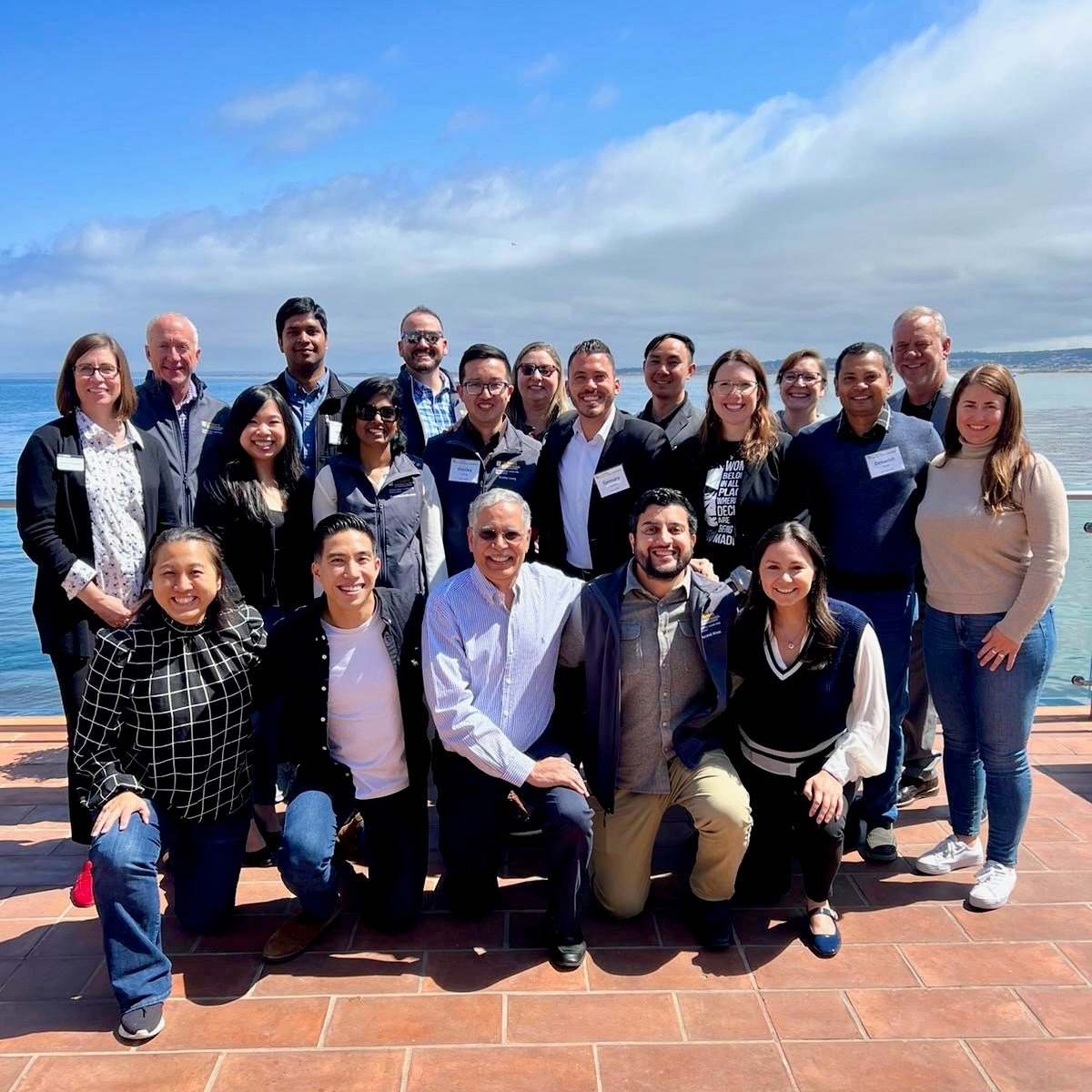
Q9. In recent years, the relevance of MBA has been a topic of much debate, with prominent brands worldwide questioning the employability of MBAs. What are your thoughts on this matter, and how do you foresee the future of MBA programs in light of these discussions?
The value of an MBA degree is unquestionably high for any individual. Doubts about its worth may be more of a perceived issue than a reality. It is essential to recognise that most other university departments focus on teaching students how to create assets. For example, engineers learn to build bridges, motors, or circuit boards, while physicists contribute to developing better telescopes. However, the crucial aspect of monetising these assets is primarily addressed by business schools, and we excel at it.
Despite some scepticism, the demand for management education has not declined; in fact, it has increased over time. The evolution of various MBA pathways over the last four decades has led to a proliferation of options. From traditional full-time MBA programs, we now have part-time, weekend, online, Executive MBA, one-year MBA, and other specialised programs. As a result, the specific demand for full-time MBAs has shifted and spread across these diverse options.
It is important to note that top MBA programs continue to excel, as evident from their impressive employment data, often reporting 100% placement within six months of graduation. This highlights the erroneous nature of the belief that MBAs are not employable.
However, not all MBA programs have adapted to the changing business landscape and taught relevant skills. Those failing to evolve and deliver value may face challenges and potential closure. Nonetheless, this should be attributed to the shortcomings of those specific programs rather than reflecting on the overall value of the MBA degree.
Looking ahead, I foresee the value of an MBA continuing to increase over time. The programs that persist will be those that consistently deliver quality education and keep pace with the changing demands of the market. Therefore, the MBA degree, when offered by the best institutes, will undoubtedly remain a valuable asset.
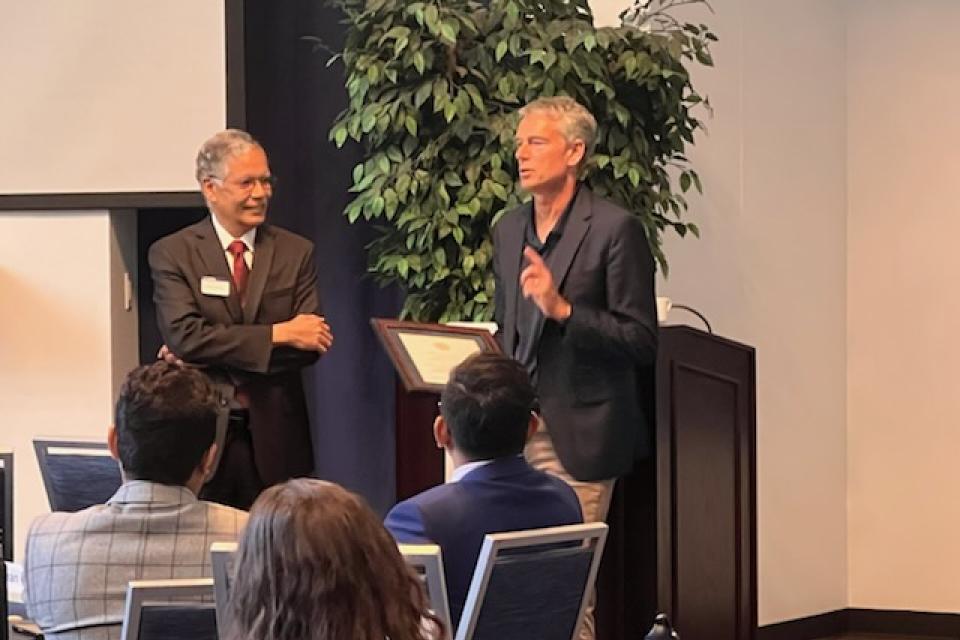
Q10. What methods do you employ to ensure the right fit when screening candidates?
That is an excellent question, and it truly reflects the culture we have built here. As individuals step into our building, they immediately sense the shared enthusiasm for positively impacting the world. We firmly believe that real solutions can only be achieved through collaborative efforts, which is our institution’s key focus. Clean Energy and Energy Efficiency are central to our values, and we ensure prospective individuals understand these principles even before joining our business school.
I want every individual who chooses to be part of our institution to do so voluntarily, without any compulsion. It is essential that they truly align with our values and goals. I always emphasise that there is no obligation to be here if it doesn’t resonate with their aspirations. In such cases, I am more than willing to suggest alternative places they can explore, as I don’t want anyone to join solely for financial reasons. Our priority is taking care of both the environment and the people, ensuring that our students possess exceptional business acumen and a deep sense of social and environmental responsibility.
If you are seeking an educational experience that transcends profit margins and embraces a broader purpose, our institution provides the ideal platform for personal and professional growth.
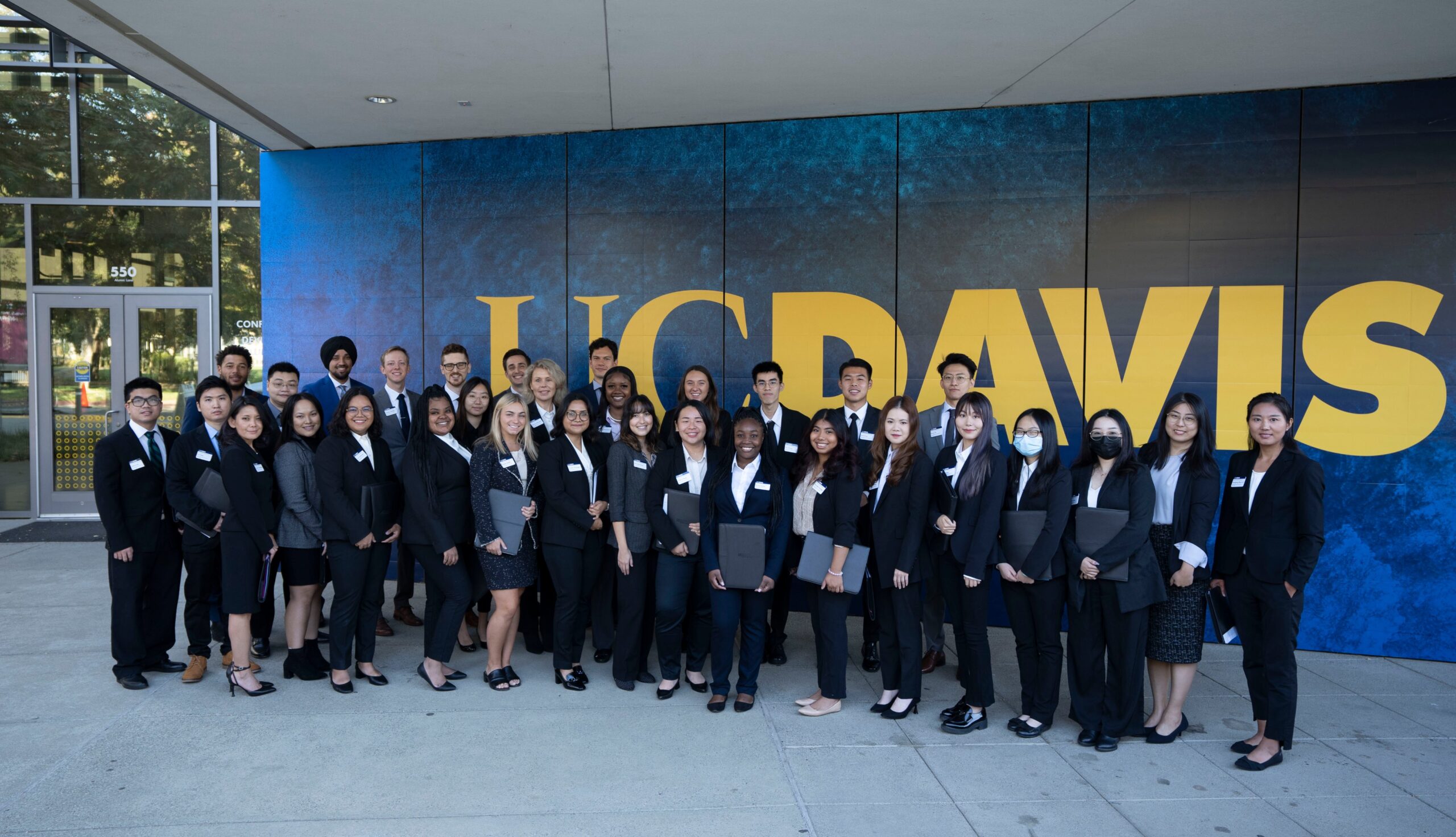
Q11. What developments have we observed in career support and opportunities for MBAs over the past few years, and how do you ensure students stay relevant in the current job market?
The job market has changed significantly in recent years, driven by technological advancements, industry shifts, and evolving employer expectations. Our institution has continually enhanced its career support services to address these changes. We have established strong partnerships with industry leaders, offering students valuable opportunities such as internships, mentorship programs, and networking events. These collaborations ensure that our curriculum remains aligned with industry needs, equipping students with relevant skills for their careers.
Moreover, our career counselling services have expanded to provide personalised guidance, professional workshops, and access to cutting-edge resources. Our ultimate aim is to empower students to thrive in the dynamic job market by showcasing their unique abilities and strengths. To stay ahead of emerging trends, we regularly engage with employers, alumni, and industry experts through guest lectures, panel discussions, and networking events. This ongoing dialogue keeps our students informed about market demands and emerging career opportunities.
Additionally, we strongly emphasise developing essential soft skills such as adaptability, problem-solving, and effective communication – highly valued in the ever-evolving job market. Our institution is committed to the career success of our students, offering comprehensive support services, valuable industry connections, and the essential skills and knowledge to excel in today’s job market. Should you require further information or assistance, feel free to reach out to us.
Q12. What advice do you have for Indian students who are considering an MBA and wish to apply to your school? Additionally, what qualities are you looking for in prospective applicants?
Applicants seeking to join our MBA program should focus on the following aspects:
- Strong academic foundation: Emphasise your academic achievements, particularly in relevant subjects, and aim for excellence in your academic performance.
- Leadership potential and commitment to growth: Highlight instances where you have demonstrated leadership, taken initiatives, and shown a mindset geared towards continuous personal and professional growth.
- Unique perspective and cultural diversity: Showcase your cultural background and unique insights that can enrich the MBA community, emphasising the value you can bring to the diverse student body.
We are particularly interested in applicants who possess the following qualities:
- Strong analytical and critical thinking skills: Demonstrate your ability to engage in rigorous analysis and effective problem-solving.
- Effective communication and interpersonal skills: Highlight your capacity for clear articulation and collaborative abilities.
- Resilience and adaptability: Illustrate your capability to navigate uncertainty and embrace challenges with a resilient approach.
Indian students should consider these pieces of advice and present themselves authentically in their applications. We eagerly anticipate receiving applications from individuals who possess these qualities and are eager to contribute to the vibrancy of our diverse MBA community.
Explore the complete interview on our PaGaLGuY YouTube Channel and consider subscribing for more informative content like this.
Image source: https://www.facebook.com/ucdavismba | https://twitter.com/hraounnava?lang=en
Discover more about the UC Davis Graduate School of Management through this exciting video!
Also Read: Dean Interview: Cornell’s Vishal Gaur Unveils the Dynamic Future of Business Education in 2023
Thank you, dear readers, for your incredible support and enthusiasm for this interview. We’re thrilled to have you engaged on PG, and there’s more exciting content coming your way. Be sure to stay active on our platform for more captivating reads, and don’t forget to check out our recent articles here. Happy reading!
